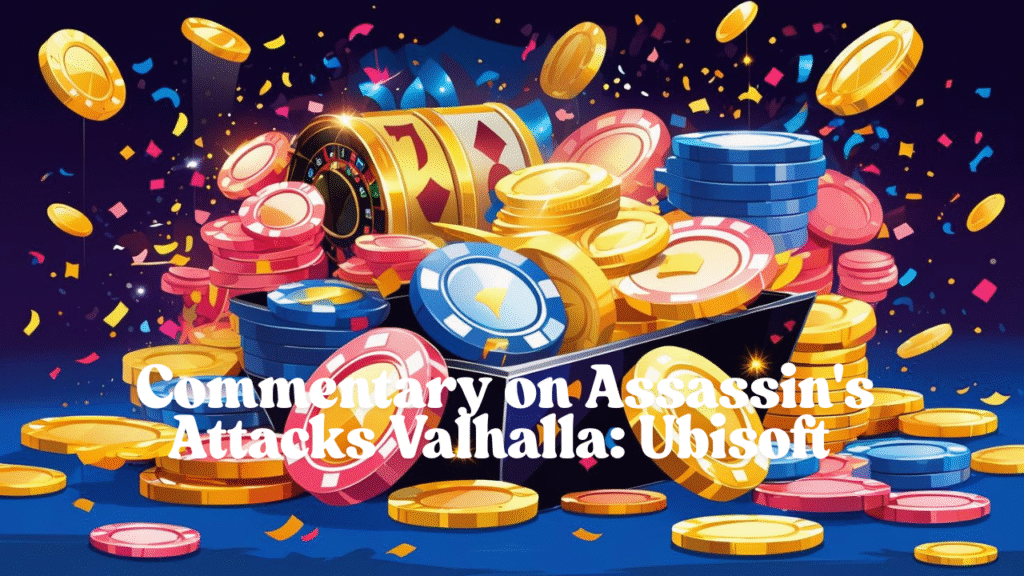Free FreeCell: The timeless appeal of classic games like FreeCell may startle the casual player in the hyperactive, visually saturated games of today. Still, the phrase “free free cell” draws a worldwide audience spanning many different fields. FreeCell provides more than simply entertainment; it sharpens your intellect, develops your focus, and promotes disciplined thinking regardless of your level of experience as a strategist or just seeking for an interesting past-time. Not only is this solitaire-style card game unique in its nostalgic significance or history.

Every action makes perfect sense; cards are completely visible, and unpredictability is absent. We will go over the benefits of playing Free FreeCell in this in-depth blog post, offer doable tips for development, show you through how to play, and address often asked questions to help you become a master of the game.
Appreciating Free FreeCell: The Basis of Skill-Based Card Play
Starting with all 52 cards face-up sets the patience card game FreeCell apart.Unlike conventional solitaire games that mostly rely on chance, FreeCell is a puzzle that most typically can be solved with the correct approach.
Searching for “free FreeCell,” players usually look for an easily available online edition devoid of cost, memberships, or hidden paywalls. The good news is that several browser-based and mobile apps provide completely working FreeCell games for free; these versions are more than just duplicates; they are faithful digital replays of the original logic-based experience.
Playing Free FreeCell: Psychological advantages
1. improves executive capacity.
FreeCell calls for players to manage space well, use limited storage (free cells), and schedule many actions ahead. This strategic planning helps executive function—that is, the brain’s capacity to prioritize work, make difficult judgments, and alternate between several rules or approaches.
2. Creates Pattern Identification
Players starting to interact more with FreeCell start to identify move patterns, sequences, and best plays. In data analysis, project planning, and even creative problem-solving, this evolution of pattern recognition finds use.
3. enhances detail-oriented focus.
One lost card or missed chance might throw off the whole game. This degree of accuracy necessitates — and fosters — a better degree of attention to detail, which over time increases players’ watchful and systematic behavior.
4. Promotes Goal-Oriented Thought
FreeCell’s purpose is to arrange every suit into an ascending order foundation pile, therefore players learn to define micro-goals and plan actions to reach them. This helps one to develop an attitude that depends on clarity and goal.
5. Lessens Mental Exhaustion via Strategic Breaks
FreeCell is an active and fulfilling approach to rejuvenate your brain between work sessions, not passive scrolling or limitless streaming. This is the perfect cognitive pause that feels not like lost time.

Detailed Guide on Playing FreeCell Online
First: Select a respectable platform.
Choose a trustworthy source first. A few reliable websites consist:
Freecell.io
247freecell.com
Solitated.com
These ad-light, user-friendly sites don’t call for registration or downloads.
Second: Learn the game layout.
A basic FreeCell arrangement comprises:
Eight tableau columns with all 52 cards dealt face-up.
Four free cells—that of temporary storage slots—
Four foundation piles set appropriately from Ace to King.
Third step: make your initial move.
Move cards between columns to liberate Aces and disclose lower-ranking cards.Store cards allowing future moves temporarily in the free cells sparingly.
Fourth step: give foundations top priority
Start construction on suites from the foundation piles. You want every card there in correct sequence; the sooner you start that procedure, the more likely you will be to finish the game.
Step 5: Perfect Move Optimization
Try to retain minimal count of one empty tableau column. In close quarters, this allows you the freedom to move whole sequences instead of single cards, therefore transforming the game.
Advanced Advice for Professional Players
Whenever feasible, keep free cells empty. You can’t make as many moves the more cells you use. Always consider whether a free cell’s use calls for a movement.

Create strategically empty columns. Empty columns are worth more than free cells. Use them to slide entire sequences from one column to another.
Many FreeCell web versions have an “undo” option for backtracking as needed. If you find a better road forward, don’t hesitate to turn around and move.
Don’t Rush: FreeCell honors thought and strategy even if it’s easy to rush through games. Before you start, give the layout some thought.
Frequently Asked Questions (FAQs)
Q1. Is Free FreeCell actually good for the brain?
Yes. Free FreeCell demands strategy, memory, and attention, which help with cognitive growth and mental quickness.
Q2. How many times a day should I play Free FreeCell in order to see improvements?
Playing 2–3 games a day can gradually enhance attention, memory, and strategic thinking over weeks.
Q3. Are kids able to gain anything from playing Free FreeCell?
Yes, teen and older children can gain logical thinking, focus, and patience by playing the game.
Q4. Are all Free FreeCell games winnable?
Almost all deals are winnable—more than 99.99%—and so the game is less about luck and more about ability.
Q5. Is Free FreeCell best played online or offline?
Both versions provide equal cognitive advantages. The preference lies in your design preference for features such as hints, levels of difficulty, or layout.
Final Thoughts
Free FreeCell is more than a sentimental card game—it’s an intensive mental workout slyly packaged as fun. Through playing it on a regular basis, players develop concentration, strategy, memory, patience, and problem-solving skills—while having a blast.
If you’re in the mood for a stress-free, free way to give your brain an overhaul, then Free FreeCell is your best place to start. It’s a clean, beautiful game with incredibly deep benefits—located right at your fingertips.




